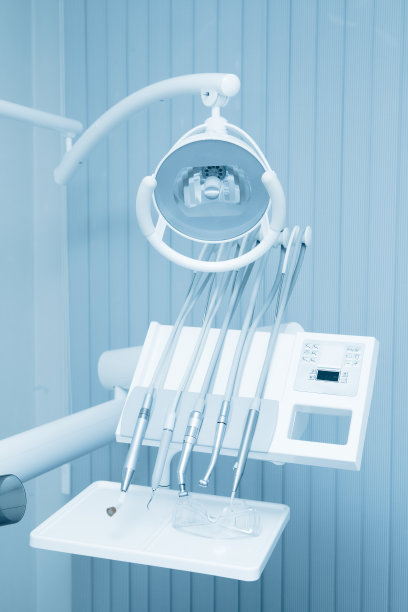Important Precautions to Take Before and After Receiving a Dental Filling for Optimal Oral Health
Summary: Receiving a dental filling is a common dental procedure aimed at treating cavities and restoring the functionality of teeth. However, several important precautions must be taken both before and after the procedure to ensure optimal oral health and recovery. This article discusses the essential steps to prepare for a dental filling, the proper care immediately following the procedure, tips for managing discomfort, and long-term habits that contribute to dental health. By adhering to these guidelines, patients can experience a smooth filling process and maintain strong oral hygiene.
1. Preparing for Your Dental Filling Appointment

Before a dental filling, it is vital to attend a consultation with your dentist. This initial visit will allow the dentist to assess the condition of your tooth and determine the best filling material for your specific needs. Discuss any concerns or allergies related to dental materials to ensure you receive a filling that wont provoke an adverse reaction.
Make sure to inform your dentist about your current medications, as some can affect your treatment. For instance, blood thinners may need to be managed to prevent excessive bleeding during the procedure. Being open about your health history aids the dentist in delivering the safest care possible.
Another essential prep step is to arrange for post-appointment transportation, especially if anesthetics will be used. Many patients may feel groggy or have impaired movement right after the procedure, so having someone to drive you home can ensure your safety and comfort.
2. Care Immediately After the Dental Filling
After receiving a dental filling, it is crucial to follow your dentists instructions for immediate care. Avoid eating or drinking for at least an hour if you received a local anesthetic to allow the numbness to wear off. Trying to eat or sip before the anesthesia fades can lead to accidental bites or burns in your mouth.
For the first 24 hours, stick to a soft diet to avoid putting too much pressure on the filled tooth. Foods such as yogurt, mashed potatoes, and smoothies are ideal choices. This precaution helps prevent discomfort and allows the filling to settle properly without any undue stress.
Additionally, maintain a good oral hygiene routine, but with caution. Gently brush your teeth, avoiding the newly filled tooth until you feel comfortable. Floss carefully to prevent any irritation or displacement of the filling material. Proper hygiene is essential to prevent any future cavities or complications around the filling.
3. Managing Discomfort and Recovery
It鈥檚 common to experience some discomfort after receiving a dental filling. Over-the-counter pain relievers can help manage this discomfort effectively. However, always consult your dentist before taking any medication, especially if you are on prescription drugs.
Swelling or sensitivity to temperature may occur in the days following the procedure. If you find that your sensitivity persists or worsens, contact your dentist for further advice. Occasionally, adjustments might be necessary to ensure that your bite feels natural and comfortable.
Pay attention to your body鈥檚 response during recovery. If you notice any unusual symptoms, such as persistent pain or swelling, don鈥檛 hesitate to reach out to your dentist. Addressing any issues early on can prevent complications and ensure your dental health remains a priority.
4. Long-Term Oral Health Habits
After your dental filling has fully settled, it鈥檚 important to adopt long-term habits that promote oral health. Regular brushing, at least twice daily, and flossing at least once daily can help maintain your fillings and prevent further decay.
Incorporating a healthy diet rich in vitamins and minerals can also benefit your teeth. Foods high in calcium and phosphorus can strengthen your enamel, while limiting sweets and acidic foods reduces the risk of additional cavities.
Lastly, schedule regular dental check-ups to monitor your oral health and ensure your fillings remain intact. Professional cleanings help remove plaque and tartar buildup, contributing to a healthier mouth overall. By prioritizing these habits, you invest in your long-term dental wellness.
Summary:
In conclusion, receiving a dental filling involves more than just the procedure itself. Proper preparation, immediate aftercare, management of discomfort, and long-term health habits are all crucial for optimal results. By following these guidelines, patients can enjoy a smoother recovery, minimize complications, and protect their overall oral health.
This article is compiled by Vickong Dental and the content is for reference only.



